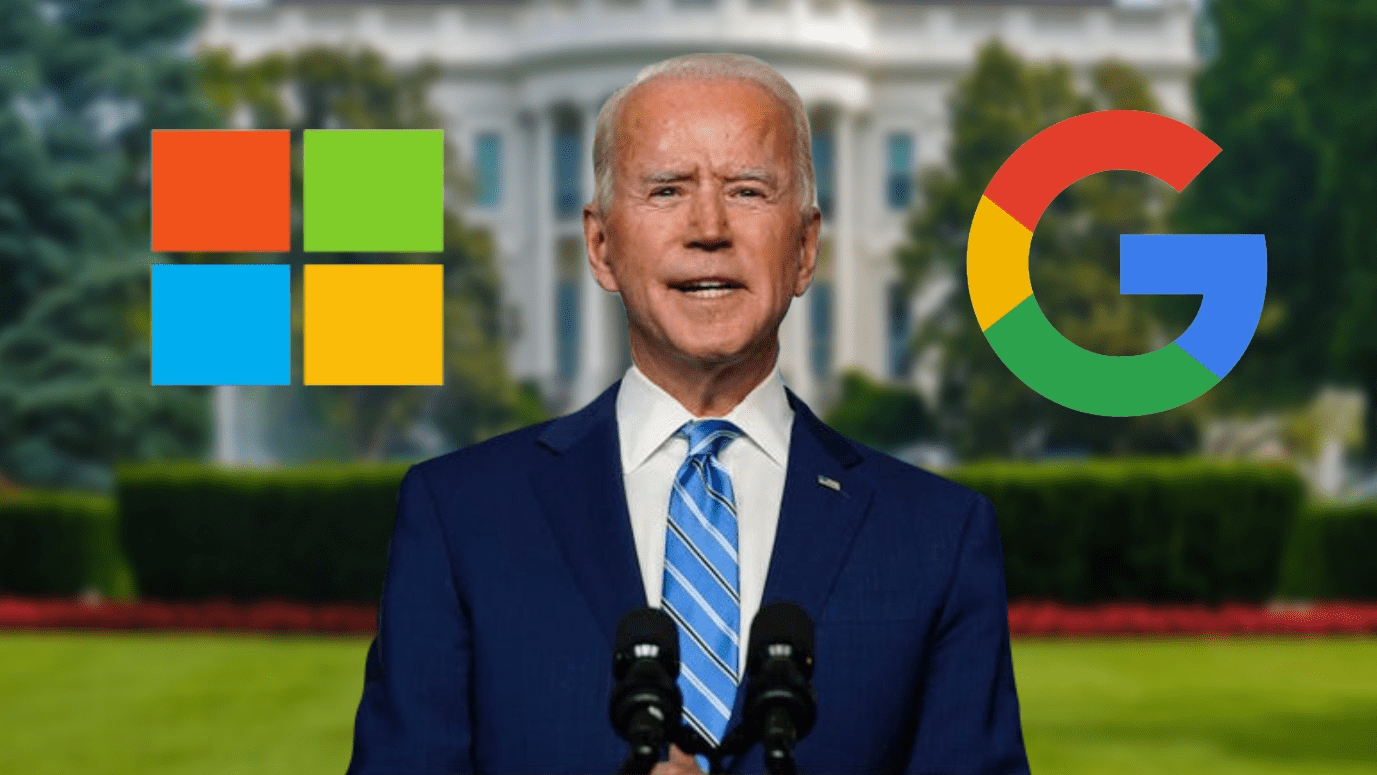
Why Skills-First Leadership Is Replacing the Ivy League Playbook in the C-Suite
The old prestige pyramid—where Ivy League degrees and blue-chip consulting backgrounds paved the way to the CEO seat—is cracking.

August 27, 2021: -On Wednesday, business leaders in sectors ranging from tech to insurance committed billions of dollars to beef up cybersecurity efforts at a White House meeting with President Joe Biden.
The meeting comes in the wake of several high-profile cyberattacks, including government software contractor SolarWinds and oil pipeline Colonial Pipeline, which have added urgency to such security issues.
Recently, Biden signed an executive order requiring U.S. agencies to use two-factor authentication for logins, preventing cyberattacks.
The White House said Apple would create a program devoted to making security improvements across their technology supply chains, including working with suppliers to adopt multifactor authentication and security training.
Google said it would invest over $10 billion in the five years to strengthen cybersecurity and train 100,000 Americans in technical fields like IT support and data analytics through its Career Certificate program. The financial commitment of google will be used to strengthen the software supply chain and open-source security, among the different things.
Microsoft committed $20 billion to deliver more advanced security tools in the five years, CEO Satya Nadella tweeted after the meeting. He also said that Microsoft would invest $150 million to help government agencies upgrade their security systems and expand cybersecurity training partnerships. Microsoft has spent $1 billion each year on cybersecurity since 2015.
IBM said it would train over 150,000 people in cybersecurity skills in three years while partnering with historically Black colleges and universities to help diversify the workforce. The company further announced a new data storage solution for critical infrastructure companies and said it’s working to create
Amazon Web Services, the cloud computing division of Amazon, is planning to give account holders free multifactor authentication devices to secure their data better. It’s also planning to offer “Security Awareness training” to organizations and individuals.
Microsoft CEO Satya Nadella said the event “brought together the right set of folks to have a good discussion.”
Two water company executives exiting the meeting told CNBC that the discussion emphasized collaboration across sectors. American Water CEO Walter Lynch said there was an “understanding that we’ve got to work together to address the cyberthreats facing the country.”

The old prestige pyramid—where Ivy League degrees and blue-chip consulting backgrounds paved the way to the CEO seat—is cracking.

Loud leaders once ruled the boardroom. Charisma was currency. Big talk drove big valuations.

But the CEOs who make history in downturns aren’t the ones with the deepest cuts

Companies invest millions in leadership development, yet many of their best executives leave within a few years. Why?

The most successful business leaders don’t just identify gaps in the market; they anticipate future needs before anyone else.

With technological advancements, shifting consumer expectations, and global interconnectedness, the role of business leaders

Following a distinguished Law Enforcement career Joe McGee founded The Securitatem Group to provide contemporary global operational specialist security and specialist security training products and services for private clients, corporate organisations, and Government bodies. They deliver a wide range of services, including complete end-to-end protection packages, close protection, residential security, protection drivers, and online and physical installations. They provide covert and overt investigations and specialist surveillance services with a Broad range of weapons and tactical-based training, including conflict management, risk and threat management, tactical training, tactical medicine, and command and control training.

Jay Wright, CEO and Co-Owner of Virgin Wines infectious energy, enthusiasm, passion and drive has been instrumental in creating an environment that encourages talent to thrive and a culture that puts the customer at the very heart of every decision-making process.

Fabio de Concilio is the visionary CEO & Chairman of the Board at Farmacosmo, a leading organization dedicated to mental health and community support services. With a deep commitment to identifying and meeting customer needs, Fabio ensures that high standards are maintained across the board.

Character Determines Destiny – so said Aristotle. And David CM Carter believes that more than anything else. For David, it has been numerous years of research into codifying Entelechy Academy’s 54 character qualities that underpin everything he stands for as a leader and teacher.

Leave us a message
Subscribe
Fill the form our team will contact you
Advertise with us
Fill the form our team will contact you